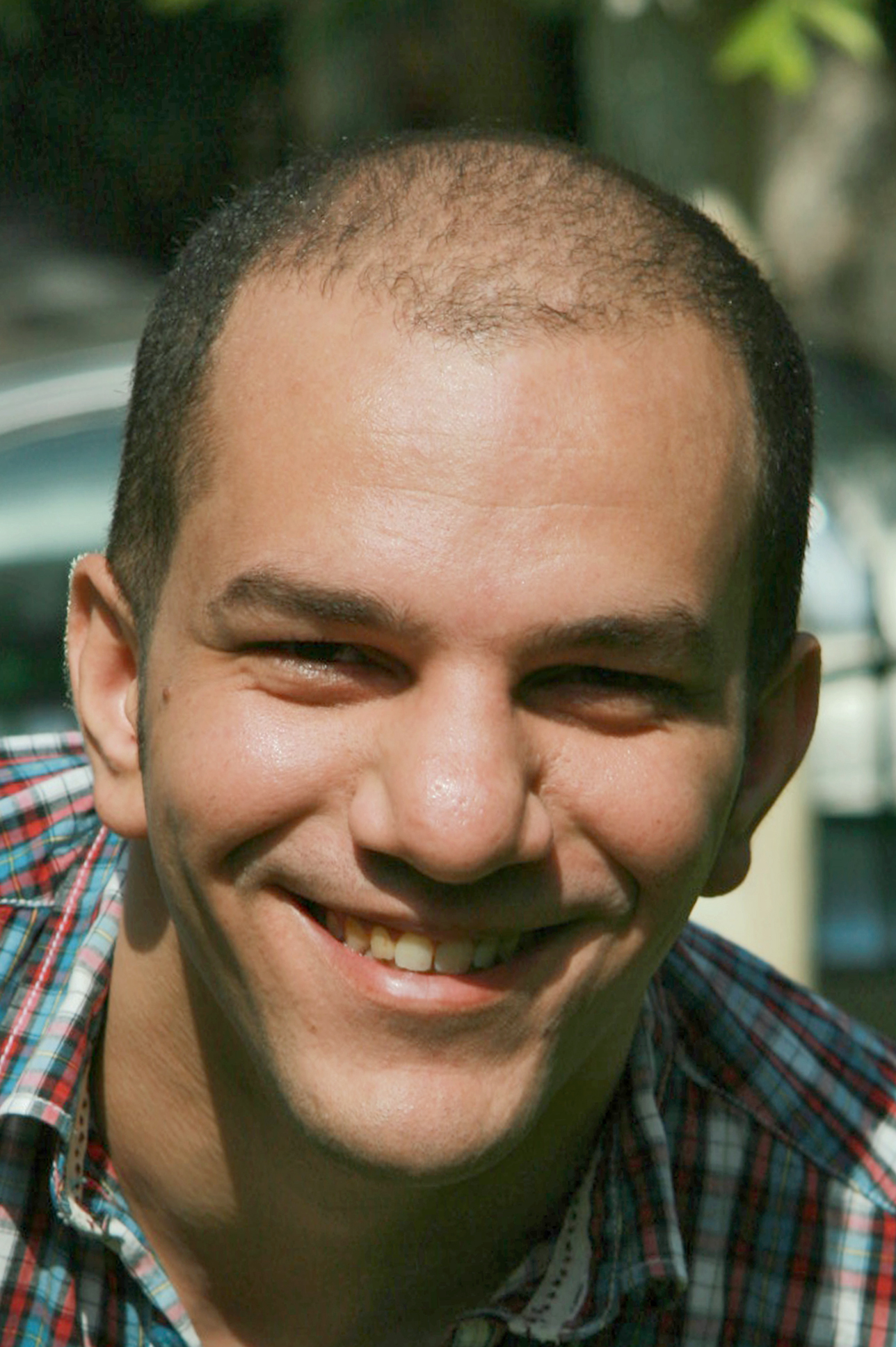 The soft military coup currently being executed by the Supreme Council of Armed Forces (SCAF) has the support of many Egyptians who think by doing so they are supporting a ‘civilian’ rule. This is roughly the same group who voted for former Prime Minister and Air Marshal Ahmed Shafiq.
The soft military coup currently being executed by the Supreme Council of Armed Forces (SCAF) has the support of many Egyptians who think by doing so they are supporting a ‘civilian’ rule. This is roughly the same group who voted for former Prime Minister and Air Marshal Ahmed Shafiq.
It might sound paradoxical that those who support a civilian state would wholeheartedly support
a military man and a ruling military council to bring about this aspired civilian rule.
Part of the reason for having this oxymoron is a linguistic one; the words “secular” and “liberal” have
been tabooed by religious conservatives to mean anti-religiosity and to demonise the other secular camp. We all remember the Islamic preacher Hazem Shuman infamously screaming his lungs out trying to explain to his mosque audience what “liberalism” means. “What does liberalism mean?” Shuman asked his listeners. “It means that your mother won’t be allowed to wear a headscarf” he then answered himself. Therefore, secular Egyptians, out of pressure, began using the term “civilian” or madaniya in Arabic as a more socially-acceptable way of connoting secularism but without actually employing the word. Egypt’s deep state, which some are trying to preserve to act as a defense line against Islamism, is neither civilian, for obvious reasons, nor secular for perhaps less obvious reasons.
Secularism in essence means that the state does not impose any system of belief on its citizens. The
state of Egypt officially only allows its citizens to belong to one of the three main Abrahamic religions: Islam, Christianity, and Judaism, and presents great difficulties in switching from one religion to the other.
Practically, the situation even looks a lot dimmer; the security-obsessed state always links security to religion with only adherents of one interpretation of Islam are considered ‘safe’ citizens. The state only sponsors a moderate and soft Azhari version of Islam and either bans or keeps a close state-security eye on anyone who diverts from this path let it be a Salafist, Coptic Christian, atheist, Baha’i, Shiite Muslim, Jewish, etc. They are normally treated in state security offices as a threat to the country. “The security state considers religion and religious minorities, and pretty much anyone who does not follow the officially sanctioned brand of Islam, to be a matter of national security” says Karim Medhat Ennarah, a security sector researcher at the Egyptian Initiative for Personal Rights. “How they dealt with them varied depending on various factors. The way state security handled Salafi groups or issues related to Copts was very different from how they dealt with the Bahaai or Shiite minority, which they consider a direct threat to national integrity and security”.
Ugly ideological and religious wars like the ones in Algeria, Ireland, Sudan, Lebanon, Iraq and even in Egypt in the 1990s could be avoided by establishing a political system which allows for everyone to peacefully express their ideals. Political rights would be developed according to a constitution that clearly and unconditionally emphasise these freedoms and a state that is determined and serious about protecting them. Many countries have come to this conclusion after going through costly and bloody conflicts. We should be wise enough to learn from the experience of others rather than learn it ourselves the hard way.
It is about time for ‘proponents of a civilian state’ to stop trying to impose their agenda through the back doors of democracy. The best we, secularists, could do now is to embrace a system that might not be perfectly reflective of our hopes and ideals of equality, but that is reflective of the reality on the street, while negotiating with and pressuring Islamists groups and state institutions to remain neutral
politically and religiously and not fall prey to a single ruling party.
Accepting this situation is the price we have to pay for not willing to leave our philosophical castles in the air. On the other hand, supporting a military dictatorship to impose our ideals is paradoxical and is neither civilian nor secular and will only perpetuate the presence of the deep state, if not further entrench it. It harbours the risk of turning the situation into the very thing it tried to prevent, a broken society that is divided along sectarian lines.
The paradox of a military-sponsored civilian rule

Osama Diab is an Egyptian journalist, blogger and social commentator. His research interest is studying online, or virtual, communities and the impact of the internet on Egyptian nationalism. He writes about the religious, social, political and human right issues of Egypt and the Middle East.
